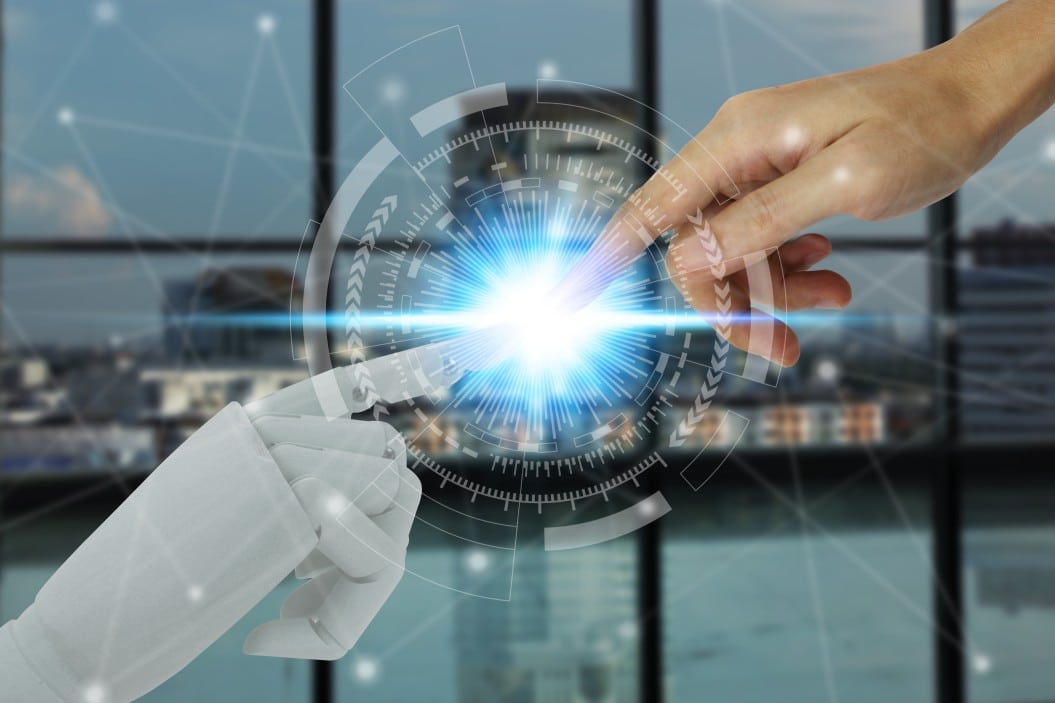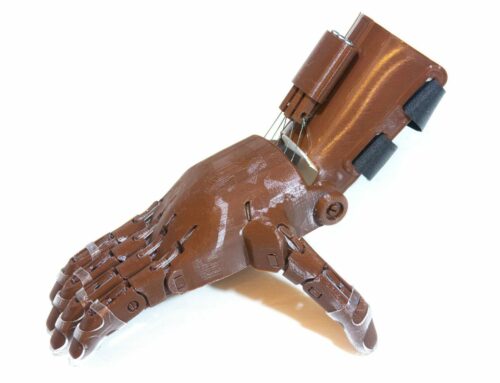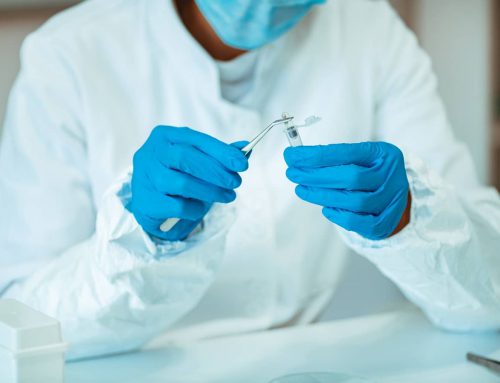Artificial Intelligence (AI), everybody is talking about it but few really understand what it stands for and what it will mean for our future. At this moment we are only beginning to see the possibilities of AI, and the end is nowhere in sight. In this article we will be exploring what AI is, what machine learning is and what deep learning is.
AI, what exactly is it?
The phenomenon of machines being able to execute tasks that should normally speaking be executed on the basis of human intelligence is called AI. There are already plenty of examples around, such as Siri and Alexa. On voice commands these can look up things for you, can switch on devices, make reservations, etc. AI is also used by banks and the Internal Revenue Service. Banks use AI algorithms to analyse your buying behaviour and to spot odd buying behaviour that does not fit the analyses. Thus they can block a credit card or bank card. The Internal Revenue Service uses algorithms to see whether there have been odd changes over the years in deduction items in your tax form. Any deviations found cause your tax return to be scrutinised by a tax inspector. The health care sector has also been using AI for years. Harvard university scientists have developed a smart microscope that is able to recognize bacteria in blood samples. The microscope has reached a degree of reliability of 95% to date, and it is still learning every day.
Machine learning
What makes AI impressive is the ability to learn by itself. What plays an important role in machine learning is that the system is not programmed in a hard way but in a soft way, so that it can learn things by doing on the basis of algorithms and vast amounts of data. When scientists, engineers and programmers cooperate very closely, machines can be created that learn by themselves and that produce better and better output as they go along.
Deep learning
Deep learning is a form of machine learning, in which a system is developed that can be trained to perform a complex task. The programming is such that this smart system is in fact a layered system. The system moves from an easy level to a complex level. First the system is taught to do simple tasks, such as recognizing a bone on a X-ray picture. Next the system has to locate this bone in the human body (where it belongs). After that the system should be able to recognize any anomalies in the bone, and then attribute this to a certain category of anomalies, such as a specific type of fracture. When you are thinking of things like this, you can also imagine countless other possibilities.
Is AI a curse or a blessing?
AI will lead to drastic changes in society. Certain professions and services will disappear, because in time AI will be considered to be better, safer and more accurate alternatives to human actors. When the car superseded horse and carriage, certain professions disappeared or were marginalised, but others appeared out of nowhere, namely car mechanics, road construction workers, traffic control officers, etc. We will see similar changes now too. New professions will arise and existing ones may well be adapted, but generally our lives should become better with AI.






